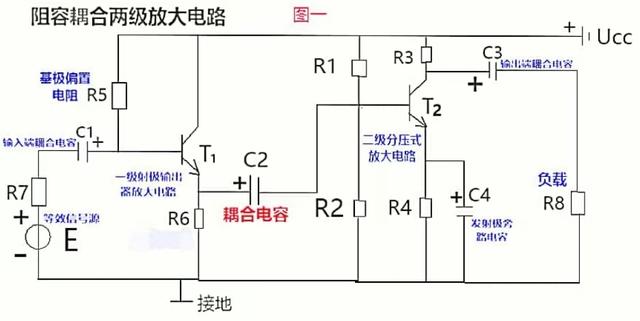Reasons why transformer differential protection operates
Reasons for the action of transformer differential protection Transformer differential protection is an important protection measure to ensure the safe and stable operation of the transformer. Its main function is to monitor the differential current of the transformer during operation. Once it is f
Read More



